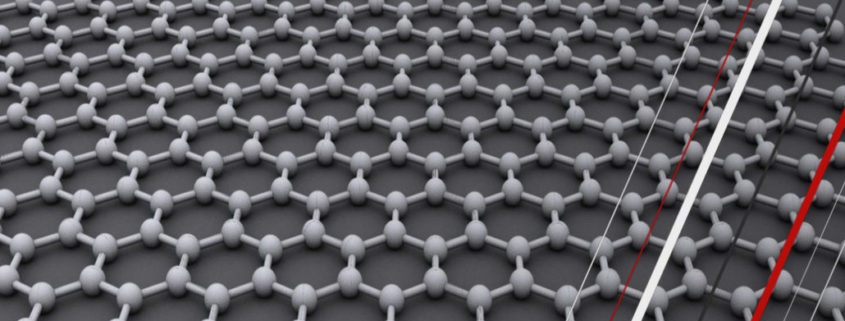Can vegetables make concrete stronger?
Engineers at Lancaster University are working with industrial partners at Cellucomp Ltd UK to research how concrete mixtures can be strengthened and made more environmentally friendly by adding ‘nano platelets’ extracted from the fibres of root vegetables.
The work, which is being supported with £195,000 by the EU’s Horizon 2020 funding, will strengthen findings from early tests that have demonstrated that concrete mixtures including nano platelets from sugar beet or carrot significantly improve the mechanical properties of concrete.
These vegetable-composite concretes were also found to out-perform all commercially available cement additives, such as graphene and carbon nanotubes and at a much lower cost.
The root vegetable nano platelets work to increase the amount of calcium silicate hydrate – the main substance that controls the performance of concrete, and stop any cracks that appear in the concrete.
By increasing the performance of concrete, smaller quantities are needed in construction.
The construction industry is urgently seeking ways in which to curb its carbon emissions. The production of ordinary Portland cement, one of the main ingredients for concrete, is very carbon intensive – its production accounts for 8% of total global co2 emissions. This is forecast to double in the next 30 years due to rising demand.
The proof-of-concept studies highlighted that adding the root vegetable nano platelets resulted in a saving of 40kg of ordinary Portland cement per cubic metre of concrete – which gives a saving of 40kg of CO2 for the same volume. This is because the greater strength of the root vegetable mixture means smaller sections of concrete are required in buildings.
Professor Mohamed Saafi from Lancaster University’s Engineering Department and lead researcher believes root vegetable concrete could go a long way to reducing construction carbon emissions.
Saafi said: “These novel cement nanocomposites are made by combining ordinary Portland cement with nano platelets extracted from waste root vegetables taken from the food industry.
“The composites are not only superior to current cement products in terms of mechanical and microstructure properties, but also use smaller amounts of cement. This significantly reduces both the energy consumption and CO2 emissions associated with cement manufacturing.”
The vegetable-based cementitious composites were also found to have a denser microstructure, which is important to prevent corrosion and increasing the lifespan of the materials.
The research project is also looking at adding very thin sheets made from vegetable nano platelets to existing concrete structures to reinforce their strength.
The two-year research project will investigate the science behind the results of the proof-of-concept studies to gain a fuller understanding of how the vegetable nano platelet fibres enhance the concrete mix. The researchers will also seek to optimise the concrete performance to help produce a mixture that can be used in the construction industry.
Cellucomp Ltd already uses fibres from root vegetables to manufacture more durable paints.
Dr Eric Whale from Cellucomp Ltd said: “We are excited to be continuing our collaboration with Professor Saafi and developing new applications for our materials, where we can bring environmental and performance benefits.”
Source: PBCtoday.co.uk


